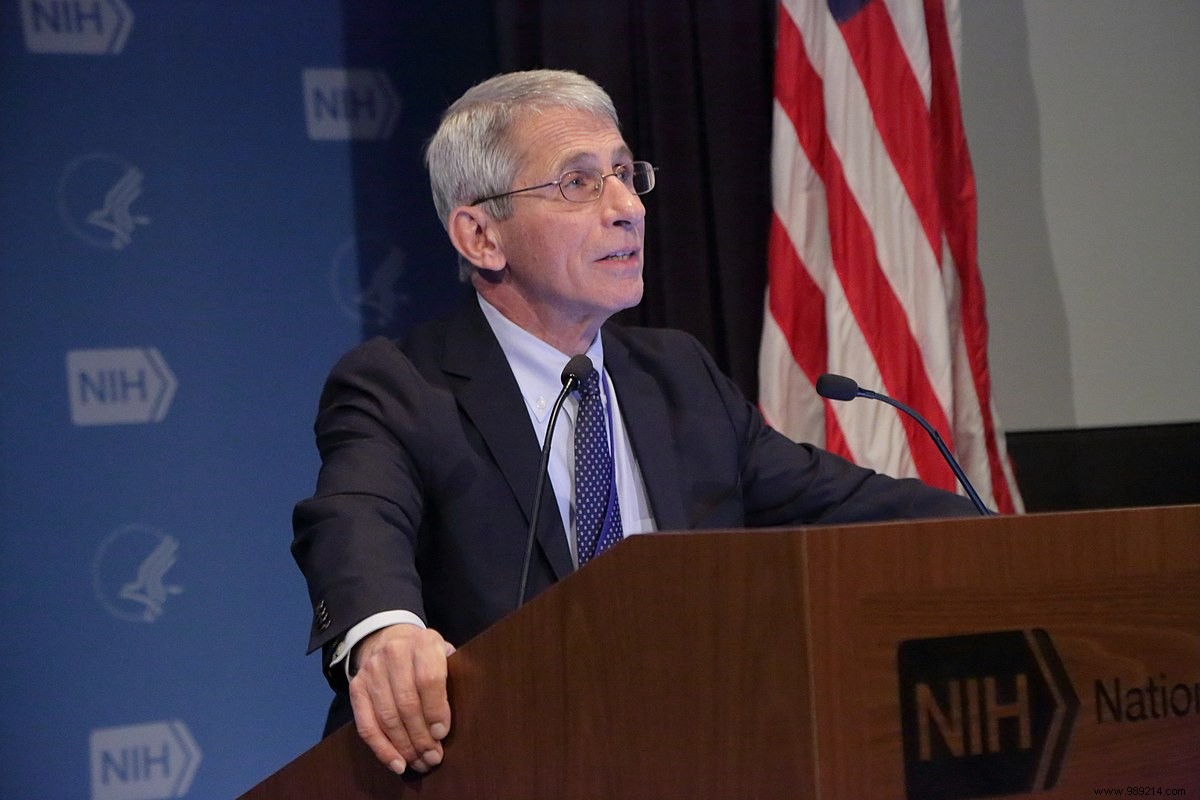The United States has already spent a huge amount of money developing a vaccine for the coronavirus SARS-Cov-2. Now, the government wants to focus efforts on developing an antiviral drug. If this venture is successful, the first treatments could be available by the end of 2021.
The desire to develop a drug against the current coronavirus is not new in itself. In April 2020, Madagascar announced that one of its laboratories had succeeded. Only here, the remedy in question contained artemisia (mugwort). It is a controversial plant, commonly used in this country against the advice of the World Health Organization (WHO). If this case quickly fell into oblivion, the United States has just announced their desire to develop a treatment medicated, as the New York Times explains in an article from June 17, 2021.
The announcement is from the Department of Health and Human Services (HSS). The latter declared that he intended to launch a program aimed at accelerating clinical trials already underway . According to officials, some of these trials have had encouraging results so far. Anthony Fauci (see below), director of the National Institute of Allergy and Infectious Diseases, supports this program. The immunologist seems to be a guarantee of seriousness, insofar as he played a leading role in the management of the health crisis in the United States.

Before Joe Biden took over as President of the United States, the Trump administration had favoured the vaccine route . However, the development of an antiviral treatment could fight against SARS-CoV-2 but also other viruses that may be responsible for future pandemics. If the program leads to such a drug within the set deadlines, the first treatments should appear by the end of 2021 . The United States will invest $3 billion in this program. This sum will be added to the 18 billion that have been allocated to vaccine research.
Researchers believe that the first days of the disease represent the ideal time to launch the fight. The virus replicates rapidly and the body does not yet have time to defend itself. It would then be a question of a drug capable of blocking replication, and therefore to stifle the disease in the early stages of its development. While various inconclusive tests have concerned Remdesivir in particular, current hopes are focused on Molnupiravir, developed in 2019 by a team from Emory University in Atlanta (United States).
Molnupiravir – in pill form – has already shown its effectiveness on viruses responsible for influenza but also for Venezuelan equine encephalitis. The first tests targeting SARS-CoV-2 are a source of hope. Nevertheless, new clinical trials should confirm this trend in early autumn. In the event of positive results, the Food and Drug Administration (FDA) could validate the treatment and thus allow the manufacture of several million doses.